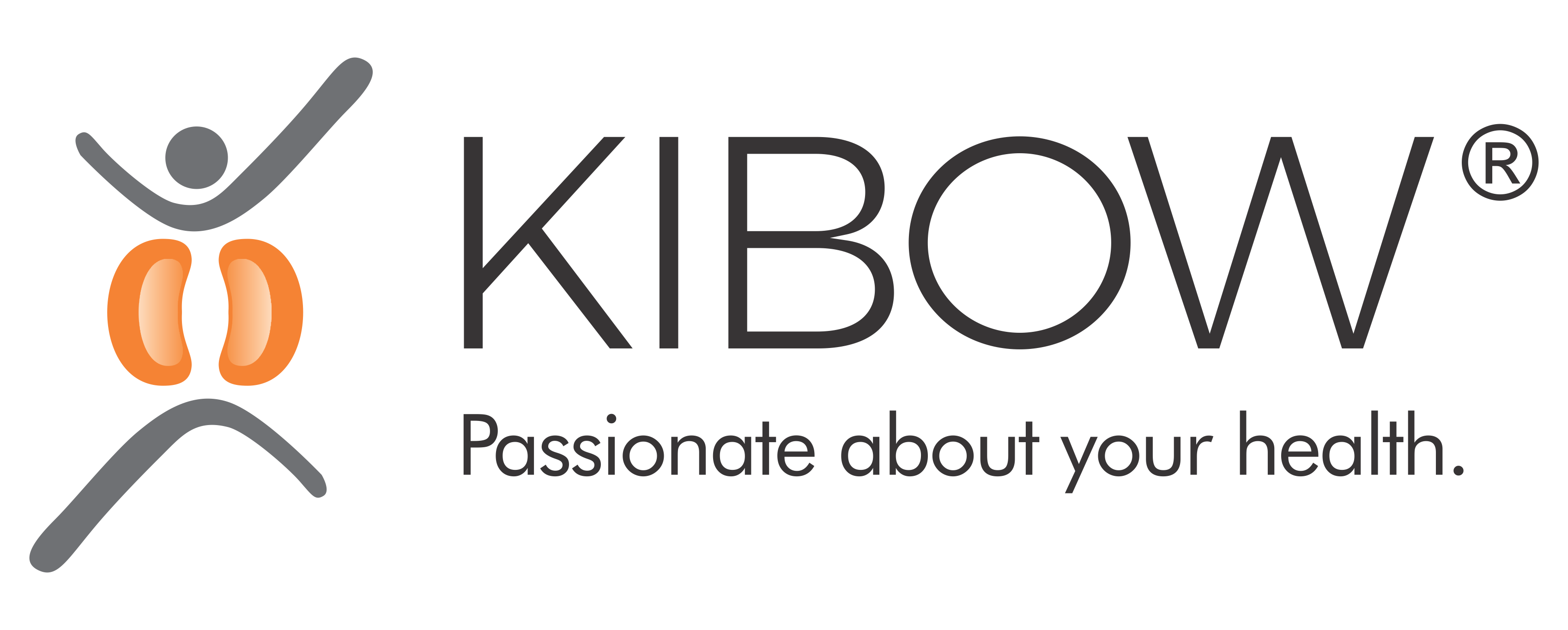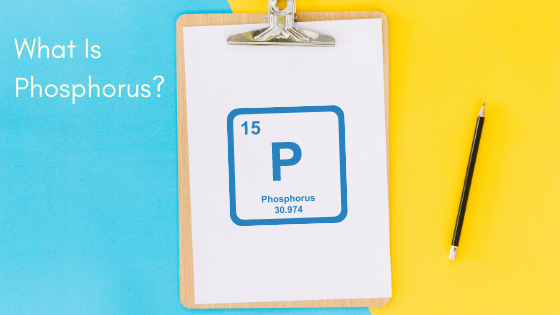| These statements have not been evaluated by the Food and Drug Administration. This product is not intended to diagnose, treat, cure, or prevent any disease. Always consult with a qualified healthcare professional prior to beginning any diet or exercise program or taking any dietary supplement. The content on our website is for informational and educational purposes only. |
Phosphorus: the second most plentiful mineral in your body. But what exactly is it and why do most people with impaired renal function need to be aware of it? Let’s take a closer look at it:
What is phosphorus?
Phosphorus is a mineral that’s found in your bones. It is one of the minerals needed (along with calcium) to help build strong, healthy bones. It also helps keep other parts of the body healthy. (1)
When someone is living with impaired renal function, it is difficult for the kidneys to help filter out phosphorus. If the kidneys are unable to filter out extra phosphorus, it often leads to a harmful buildup in the bloodstream. (2)
What happens if phosphorus levels are too high?
Having too much phosphorus in the bloodstream is a condition called hyperphosphatemia. This is also known as bone disease. (3) When there is too much phosphorus in the blood, the body begins to remove calcium from the bones to keep the blood balanced. This weakens the bones, which may lead to easier fractures or breaks. (3)
How can you control your phosphorus levels?
One way to help prevent high phosphorus levels is to understand your diet and specific medications needs. According to The National Kidney Foundation, phosphorus is naturally found in foods like nuts, beans, fish, meats, poultry, and dairy products. One thing to keep in mind is that phosphorus from animal products is absorbed more easily than from plant products. (1)
Inorganic phosphorus is an additive that is often added to foods like fast food, canned food, bottled drinks, enhanced meat products, and most processed foods. Phosphorus from these foods/food products are fully absorbed into the bloodstream. Usually, inorganic phosphorus additives are labeled as “PHOS” on nutrition labels. (1)
Remember to talk with your renal dietitian to come up with the best diet plan for your needs. Your dietitian may also be able to give good recommendations for what specific foods to avoid if you are watching your phosphorus intake.
Sponsored By: Kibow BiotechⓇ 
Citations:
1: Phosphorus and Your Diet. (2020, June 11). Retrieved July 08, 2020, from https://www.kidney.org/atoz/content/phosphorus
2: What Is Phosphorus? (n.d.). Retrieved July 08, 2020, from https://www.freseniuskidneycare.com/thrive-central/what-is-phosphorus
3: High Phosphorus (hyperphosphatemia). (n.d.). Retrieved July 08, 2020, from https://www.kidneyfund.org/kidney-disease/chronic-kidney-disease-ckd/complications/high-phosphorus/





To bad there’s not a medication for this other than dyaliys, or a transplant.
Comments are closed.